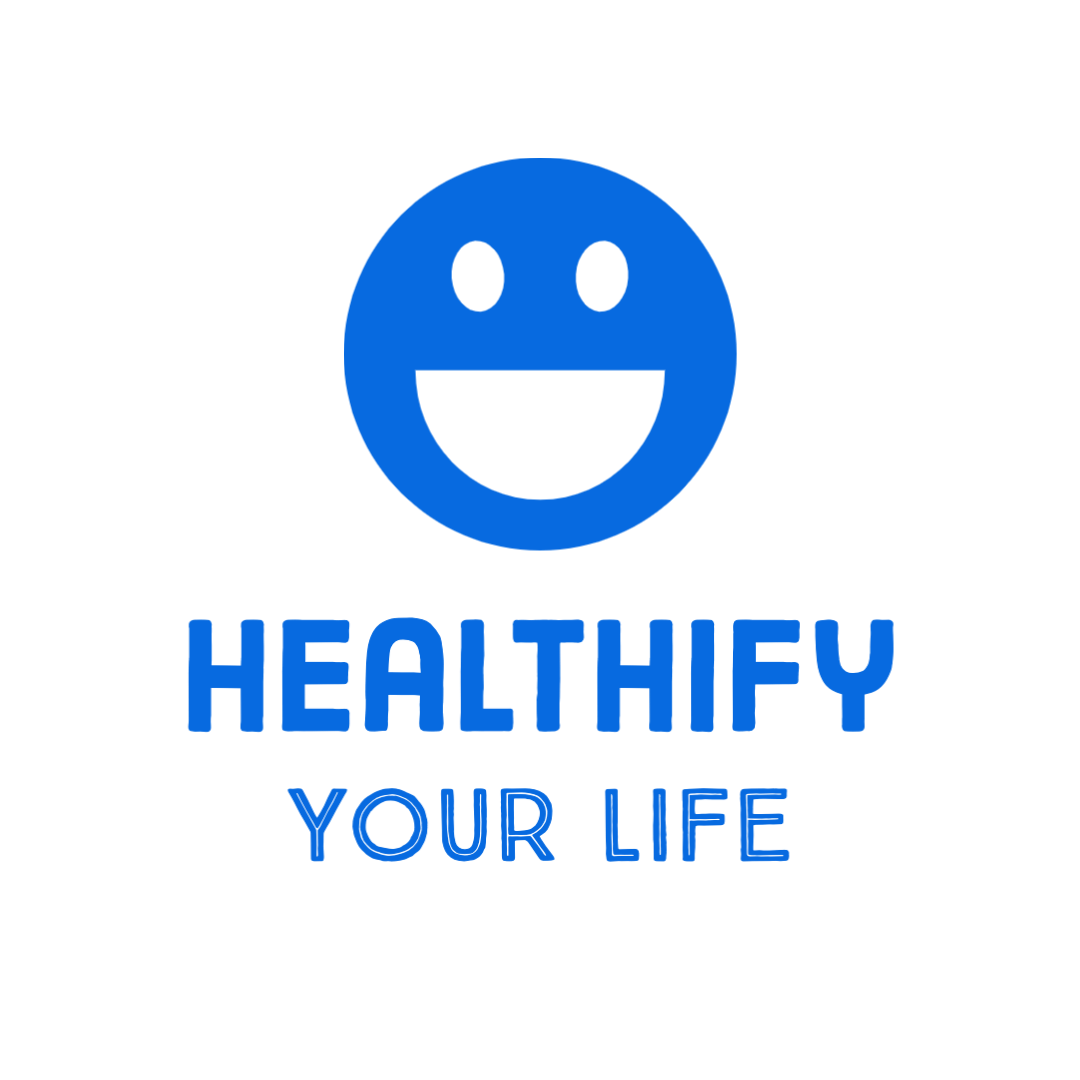Introduction:
Zinc is an essential mineral that has many health benefits. It is well known for its anti-inflammatory and antioxidant properties, which help boost the immune system and protect against infections.
But did you know that zinc has also been proven to have a positive effect on mental health issues like OCD, anxiety, and depression? In this blog post, we will look at how zinc works, the different forms it comes in and what dose is recommended.
How Does Zinc Work?
Zinc affects several neurotransmitters in the brain. It is an NMDA receptor antagonist and reduces glutamate release which can help with depression and is neuroprotective.
It increases serotonin uptake in several brain regions which can be inhibited by antidepressants when zinc is low.
But arguably the most important effect is that on BDNF (Brain Derived Neurotrophic Factor). This last one plays an important role in neuroplasticity.
In other words, it helps the brain create new pathways between neurons so that information can be processed more quickly and efficiently. This can lead to improved mood regulation and better overall mental functioning.
It is also one of the main mechanisms of antidepressants which according to new research may arguably be the main mechanism responsible for their antidepressant effects rather than their effects on serotonin. [1]
Aside from BDNF, zinc also helps improve testosterone levels which can in itself improve feelings of wellbeing and confidence, partly due to increasing dopamine release.
In women, zinc regulates the ovarian cycle and helps the body produce estrogen and balance hormones.
It also improves libido and sperm quality and can reverse impotence, helps with sleep quality with less wake-ups in the night, partly due to it’s effect on testosterone which in turn is a GABAA modulator that has a calming effect and is important for our mental wellbeing.
Different Forms of Zinc
Zinc gluconate is the most popular form as it is very well absorbed, effective and well researched and may have the least side effects so this is the most often recommended form.
Zinc citrate also works well for deficiency, however it is slightly less effective than the gluconate form.
Zinc sulfate is very effective and well studied but may have more side effects in some people such as stomach upset unless an ionic form is used.
Zinc carnosine may be the best for those with a sensitive stomach and is even a highly effective treatment for gastritis and gastric ulcers with studies showing that it’s up to 3 times more effective at promoting gastric integrity than either zinc or L-carnosine on their own. [2] It is also effective at treating zinc deficiency but care should be taken in cases of copper deficiency in which case both should be supplemented. [3]
Recommended Dose & Superloading Zinc
The recommended daily dosage of zinc for adults is 11 mg for men and 8 mg for women according to the National Institutes of Health (NIH). However what dose would be beneficial in individual cases varies depending on your age and any existing medical conditions so it’s best to speak with your doctor before starting any supplement regimen.
There are also potential dangers associated with taking too much zinc especially in those in recovery from or at risk for stroke so it’s important to find out what dose is right for you before taking any supplements.
Superloading zinc means taking a large amount (up to 100mg) of the mineral all at once rather than spreading out smaller doses throughout the day.
While safe in the short term (2-4 months) it can eventually reduce absorbtion of other minerals like calcium and magnesium.
It has been shown provide faster general results and to increase testosterone higher and faster but it can also lead to negative side effects such as nausea or abdominal pain if zinc levels get too high, so care should be taken by discussing this with your doctor.
Conclusion:
In conclusion, there are numerous health benefits associated with taking zinc supplements including improved mental functioning thanks to its effect on several neurotransmitters related to mood regulation and neuroplasticity such as BDNF.
Zinc also boosts testosterone levels which can help those suffering from low libido or impotence related to depression or anxiety disorders get back on track towards better mental wellness.
There are many different forms of zinc available so make sure you read up on each form before deciding which might work best for you personally.
Finally make sure you know your dosages before supplementing – while superloading may work quicker it could potentially cause adverse side effects so speak with a doctor first!
Now that you know why adding a bit of extra “zinc” into your life could greatly benefit your mental health journey – go ahead and see what changes await! Good luck!





